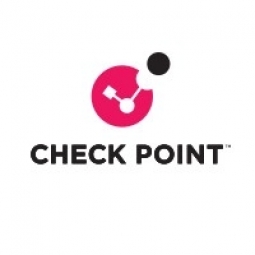Technology Category
- Cybersecurity & Privacy - Network Security
- Functional Applications - Enterprise Resource Planning Systems (ERP)
Applicable Industries
- Electrical Grids
- National Security & Defense
Applicable Functions
- Quality Assurance
- Sales & Marketing
Use Cases
- Tamper Detection
- Traffic Monitoring
Services
- System Integration
- Testing & Certification
About The Customer
Miele is a renowned home appliances manufacturer, known for its high-quality products and service. The company, founded in 1899 by the Miele family, has a global presence with 10 million dishwashers installed worldwide. Miele's product range includes vacuum cleaners, dishwashers, cook tops, ovens, laundry systems, and more. The company is still owned by the Miele family and operates under the motto, “forever better,” which has contributed to its customer satisfaction and success over the years.
The Challenge
Miele, a globally recognized home appliances manufacturer, was in need of a comprehensive and reliable security solution that would uphold the company's reputation for quality. The company wanted to ensure secure access and transmission of company information across its offices. Until 2004, Miele's Nordic sales offices were connected via a dedicated Frame Relay network, which facilitated the secure transmission of crucial data. However, the company was seeking a more advanced solution that could offer additional flexibility when integrating third-party technologies.
The Solution
Miele implemented Check Point's VPN and firewall solutions to ensure secure communications between offices via the Internet. The company chose Check Point products due to their proven value at other leading companies. In 2004, the Frame Relay network was replaced by Check Point VPN-1 Power, a virtual private network that operates via the Internet. This network is centrally managed by SmartCenter, with network traffic prioritized and optimized by FloodGate-1. Check Point SmartCenter central management tools provide a clear picture when managing advanced security policies throughout Scandinavia from Miele’s Scandinavian IT operations center. The Check Point FloodGate-1 solution is able to prioritize network traffic according to application type.
Operational Impact
Quantitative Benefit

Case Study missing?
Start adding your own!
Register with your work email and create a new case study profile for your business.
Related Case Studies.
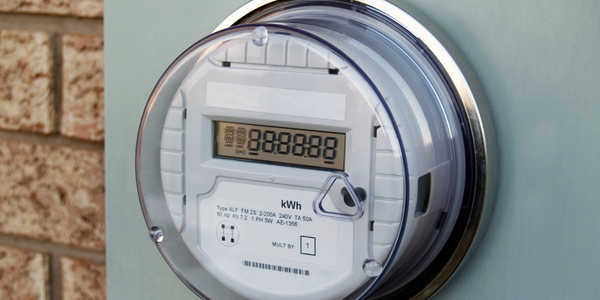
Case Study
Hydro One Leads the Way In Smart Meter Development
In 2010, Ontario’s energy board mandated that time-of-use (TOU) pricing for consumers be available for all consumers on a regulated price plan. To meet this requirement, Hydro One needed to quickly deploy a smart meter and intelligent communications network solution to meet the provincial government’s requirement at a low cost. The network needed to cover Hydro One’s expansive service territory, which has a land mass twice the size of Texas, and its customers live in a mix of urban, rural, and remote areas, some places only accessible by air, rail, boat or snowmobile. Most importantly, the network needed to enable future enterprise-wide business efficiencies, modernization of distribution infrastructure and enhanced customer service. To meet these needs, Hydro One conceptualized an end-to-end solution leveraging open standards and Internet Protocols (IP) at all communication levels. The utility drew upon industry leaders like Trilliant to realize this vision.

Case Study
Selling more with Whirlpool
Whirlpool wanted to add connectivity to appliances and transform the company's relationship with customers. Traditionally, Whirlpool interaction with customers was limited to purchases made once every ten years. Connected washer and dryers provide exciting new features like remote management of start times and inter-machine communication.
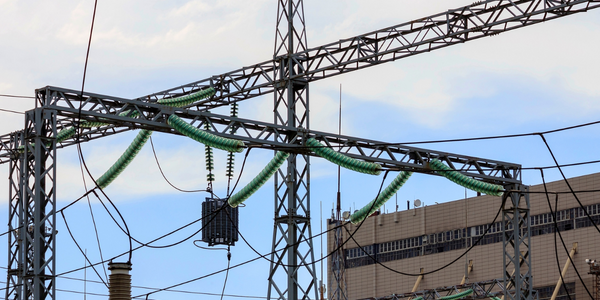
Case Study
SAS® Analytics for IoT: Smart Grid
Companies face falling revenues, rising infrastructure costs, and increasing risk of outages caused by inconsistent energy production from renewable sources. Less money is coming in as more people and organizations take steps to curb their energy use. Utilities are paying more to maintain and build infrastructure due to increasing complexity, resulting from the rising number of intermittent and variable renewable energy sources connected in the distribution grid.
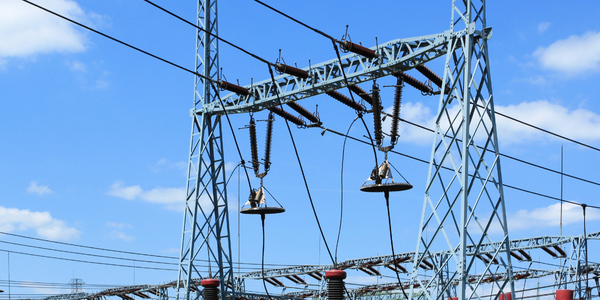
Case Study
Enel Secures Italian Power Generation Network
Electric energy operators around the world are working to increase the reliability and cyber resiliency of their systems. This includes Enel, a global power company that manages and monitors the Italian power grid. This grid:• Serves 31 million customers• Has a net installed energy capacity exceeding 31 gigawatts• Includes more than 500 power generation plants,including hydroelectric, thermoelectric, and wind• Is managed and monitored by Enel 24/7/365• Is operated by Terna, the Italian Transmission System Operator (TSO)Enel is responsible for the availability of the grid’s underlying ICS and industrial network. It also manages Regional Control Centers and Interconnection Centers which connect with the TSO. The TSO manages the flow of energy to the grid plus controls and remotely regulates the power generation of power plants, increasing and decreasing power production as required. The complex system of interaction and cooperation between Enel and the TSO has strong security implications as well as operational and business challenges.
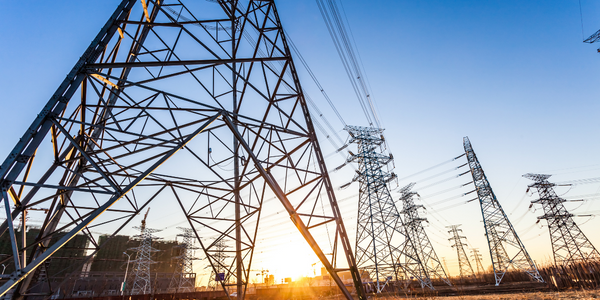
Case Study
IoT based Energy Quality Availability Monitoring Solution
There were several challenges faced:Since this data would be in the public domain, accuracy and authenticity of this data were of paramount importance. It should be able to withstand scrutiny.It is challenging to build an appliance that can withstand a wide range of voltage fluctuations from as low at 90v to as high as 320v. Since the device would be installed in remote locations, its resilience was of paramount importance.The device would have to deal with poor network coverage and have the ability to store and re-transmit data if networks were not available, which is often the case in rural India. The device could store up to 30 days of data.The platform that deals with the data should be readily available and highly reliable and never lose a packet of data.

Case Study
Hydro Utility Builds Foundation for Powerful Efficiencies and Protection
As the main British Columbia electric distributor, BC Hydro provides 1.9 million residential, commercial, and industrial customers with energy. The hydro utility transformed to a digital business with Cisco connected networking, security, and smart grid solutions. • Deliver reliable, high-quality services • Enable remote automation and monitoring • Connect applications over a common networking infrastructure




